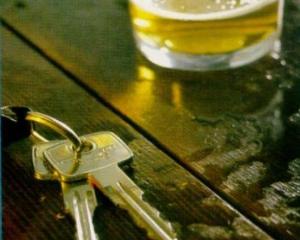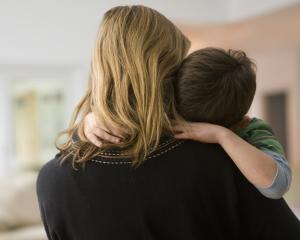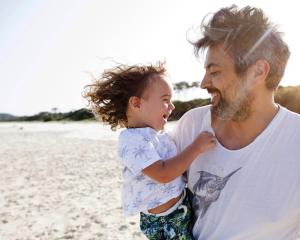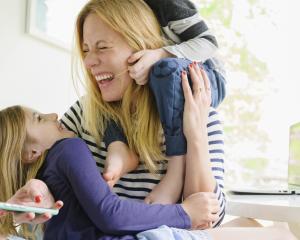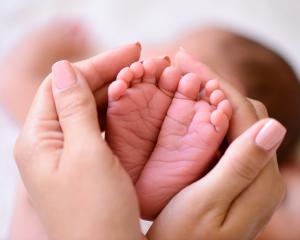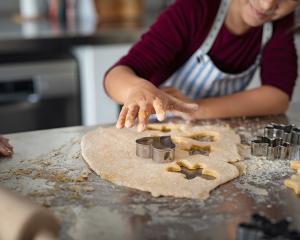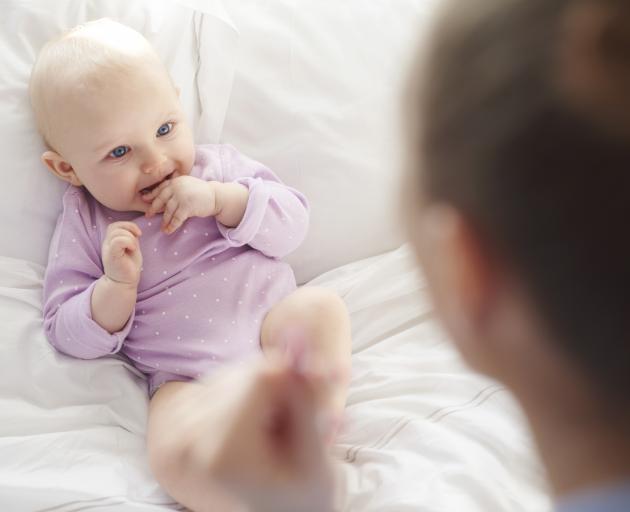
Right from the start your baby is learning about routines, parenting columnist Ian Munro writes.
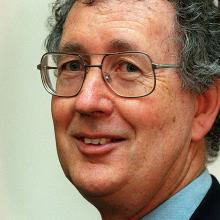
Unlike the young of other species our little newborn can’t move to Mum or cling to her to get around. As he’s quite a social animal right from the start he has to summon her to him. And we all know what that means.
The reward comes in a little while when baby begins to recognise the faces of those around and responds with a smile or happy arm-waving and feet-kicking. In this way the parent-child bond is reinforced and, hopefully, we get a smile on tired parental faces.
This is all part of the learning going on in that tiny little head. While our newborn can’t do the sorts of things the young of other species can, eventually, after years of family life and schooling, our little one will be able to do things that are far more complex.
There are some primitive behavioural remnants you might notice in the first weeks. First movements are pretty much automatic, the sort of reflex actions that has a cat always landing on its feet. There will be an initial grasping reflex for clinging to Mum (or a branch). The grasp can be quite strong but disappears after a few weeks.
A baby held up with feet touching a surface can appear to move his feet in a walking motion. Again this is lost in a few weeks.
Then there are the ones not lost such as the sucking action, and most babies can search for and find the nipple, especially when stroked gently on the cheek.
Other basic reflexes are shaped and developed further as we train baby, among other things, not to need food during the night, that night is for sleeping and reach that pinnacle of achievement for tired parents, being potty-trained. These reflex actions have been turned into social habits that we have for the rest of our lives.
So, right from the start baby is learning about routines and consistency of treatment. That little brain is recognising that certain actions herald certain other things and if there’s a consistency then that gives reassurance and all’s well in their world. Our children continue to need this from us as they grow up and, in one way or another, right through their lives until the day we die.
Gaining head control is the first thing our newborn will achieve under his own steam as his strength increases. The fact that he can see more of the world when held up encourages him to want to get up himself.
Once he can sit up and see things, he wants to get to them; baby’s on the move and other parts of his little brain will now begin to get a real workout.



